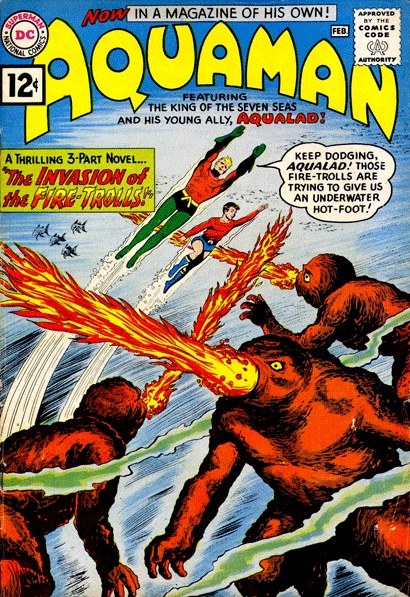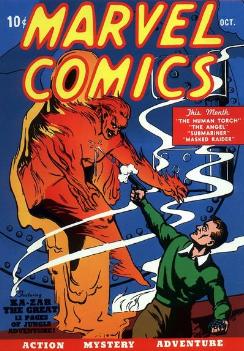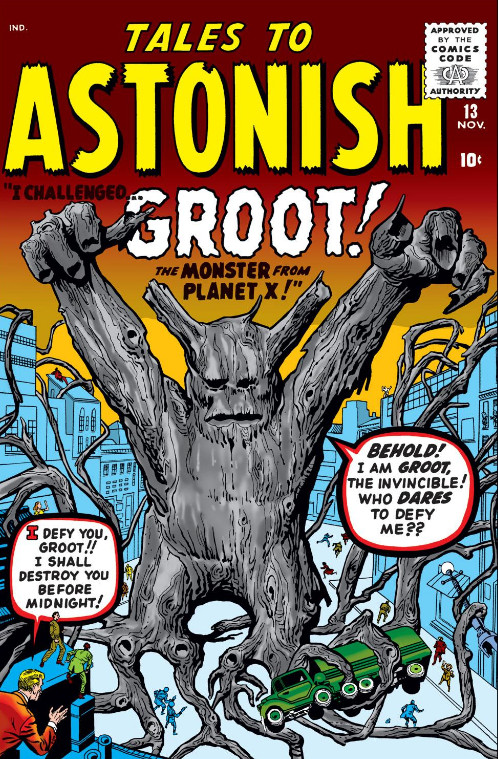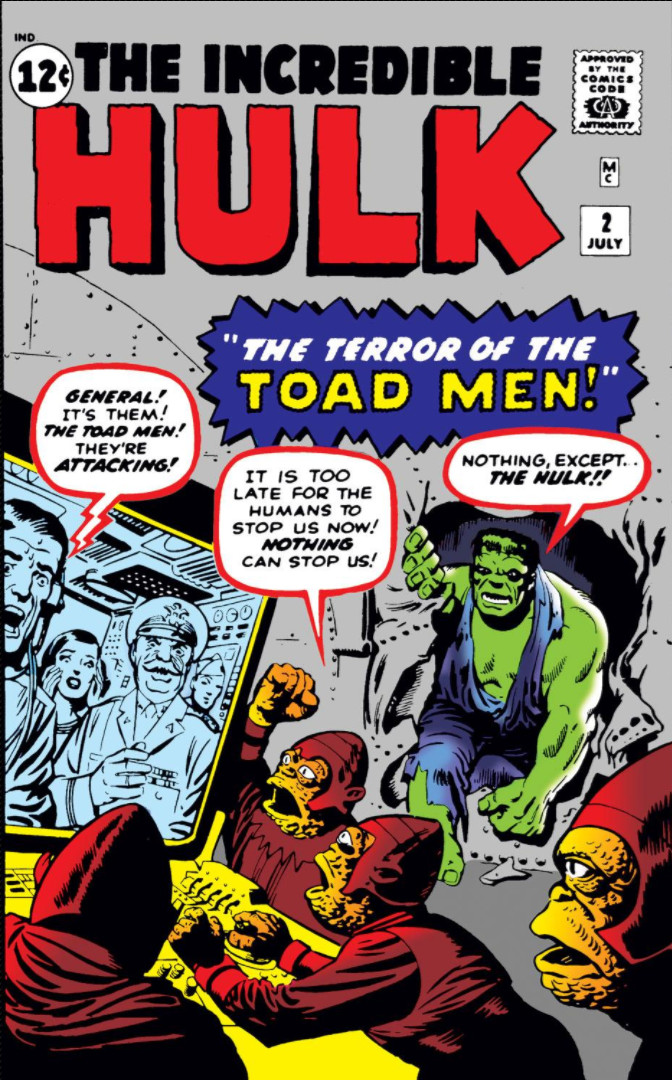Twice a year we think of our armed forces. On Memorial Day, we honor those who died while serving our country, and on Veteran's Day, we think of those who lived to tell about serving our country. But what are we honoring? Do the armed forces really protect our liberty? Sure, it's safe to say that they have protected us from foreign invasion, but there are greater threats to liberty than merely foreign invaders.
Criminals are also a threat to our liberty and our property, and thus we have the police to protect us from criminals. However, both the military and police are provided by the government, with our tax money. Who will protect us when our liberty is threatened by our own government?
Today, even in the so-called liberal democracies, we live in a world proscribed by government, where we must have the government's permission to do many things, and where we pay many taxes for the privilege of doing so. The military and the police might seem like good things that we need to pay for, but they are only good as long as they are doing what they are intended to do, protecting our liberty and our property.
But whose side are the police on when the local bureaucrats tell you that you need a license to operate a vehicle, engage in certain types of occupations, or start various types of businesses? Licensing is a privilege, where the government gives you permission to do certain things, and without that license, you are legally restricted from doing those things. Are the police protecting your liberty when they support licensing and prevent you from doing things without the "appropriate" license? Furthermore, we get to pay for all of these licenses and privileges.
When the military is busy protecting "our way of life", does that include licensure and taxation, too? Our government requires us to pay a tax for having a job and making an income, for buying goods and services from businesses (sales tax, VAT), and even makes us pay a "property tax" for things that we supposedly own, like our homes and land. Can you really be said to own your own home if the government can take it away from you for not paying your property taxes?
In a very simplistic form, socialism is where the government controls everything, and communism is where the government owns everything. Exactly what is the difference between owning and controlling? Doesn't ownership imply control? And if one cannot control his property, then "ownership" is a hollow term that merely means you have the deed or title to the property, while someone else controls what is done with it.
Here in the United States of America, an alleged liberal democracy and capitalist nation where individuals are supposed to be free to own and control property, the various levels of government exhibit a surprising amount of control over its citizens and their property. If, for example, our military had failed us, and the U.S. had been taken over by the former Soviet Union, Americans would no doubt have been subject to heavier controls over their lives. There would have been more licensing, and heavier taxation. But note that this would have been a matter of degree, not kind. We simply would have been subject to more of what we already have, more limits on what we can do with ourselves and our property, and not subject to something we had never experienced before. Does the military protect our freedom, or does it merely protect us from foreign control over our restrictions?
Our liberty *is* restricted, and the rest is just a matter of determining to what degree it is restricted. It's nice to think of our armed forces protecting us from foreign invasion, but it's not so nice to think of them protecting the licensure and taxation that we have to endure every day. It's nice to think of the police as protecting us from criminals, but not so nice when the "criminals" are simply people who haven't gotten the government's permission to do something, or who have failed to pay their taxes on their income, their purchases, or their property. And isn't it called a "protection racket" when someone coerces you into paying for protection? Are the police merely a criminal gang with the legal authority to act as they do?
Licensing and taxation are nothing new--they've been around for thousands of years, or really, as long as governments themselves have been around. What is new, or at least fairly recent in human history, is the idea that the purpose of government is to protect the rights and liberties of the individual, that the individual is important. Converting government from an authoritarian overseer to a rights-protecting agency has been a slow and difficult process. Indeed, given the fundamentally coercive nature of government, it may well be impossible for it to be limited to nothing but the protection of rights.
After all, a government is essentially the organization in society that has been granted the legal authority to initiate force, and it is the initiation of force that is inimical to liberty, as any criminal or foreign invader knows. Yes, we want protection from foreign invaders and criminals, but that is not enough for the protection of our liberty. We must also be protected from all forms of initiation of force, including the politicians and bureaucrats who force us to do things "for our own good".
The rules and restrictions of Obamacare are merely the latest in a long line of attacks on our liberty, and in that respect, there's nothing new about them. President Obama is merely the latest in a long line of politicians who would whittle away at our freedoms "for our own good". More importantly, we as individuals must understand that it is not merely "bad" politicians or bureaucrats, Republicans or Democrats, who are the main threat to liberty. Everything is *not* okay if we simply get the "right" people into office. It is government itself that is the greatest threat to our liberty. The organization that has been granted the legal authority to initiate force is a poor tool for minimizing and preventing the initiation of force in our society.
Furthermore, because government is fundamentally flawed in this way, no amount of reform will fix it. Government can never successfully police itself, no matter how it is organized or divided, and no matter how many constitutions or bills of rights are written up. In order to protect our liberty, we must stop forming governments, and start forming different kinds of organizations and associations for protecting our rights and liberties.
However, we don't really have to start from scratch in creating these non-governmental organizations and institutions, for they, too, have been around in human history, and still exist today, even under the weight of governmental rules and regulations. Human creativity and ingenuity apply to more than just art and entertainment, and people have found many ways to solve the basic problems of society, even when governments attempt to regulate and restrict human behavior.
Businesses and charitable organizations have always tried to meet the needs and desires of people, and always will, if we allow them to. The standards so useful and necessary to the various industries have almost always come from private organizations, even if governments tended to adopt them. Emergency services have been provided in various ways, even when governments have been unable or unwilling to provide them. Various types of voluntary certification have existed, and could exist, to provide for the competency and security to consumers of professionals and businesses, and provide it in a much more satisfactory way than governmental licensing can.
Even in the area of law and legal matters, private organizations and solutions have arisen, where not restricted by governments. Merchant Law, and the various arbitration and mediation services, provide examples of the creation and enforcement of non-government laws. The history of law itself has always shown two tracks: that which kings and rulers have taken upon themselves to create and enforce, and that which the mass of common and ordinary people have done to protect themselves, their property, and their interests. In English legal history, the differences between the King's Law and common law are very telling.
Okay, this article is getting a little long, and I guess I need to wrap it up.
In short, government, licensure, and taxation are restrictions on liberty, not protections of liberty. Government is not a necessary evil, and humanity will be immensely better off without governments, without licensing, and without taxation. Nevertheless, we will continue to be burdened with government until a significant number of people realize these basic truths, and start denying the legitimacy of government. And hey, don't forget to do your income tax return! After all, you have to pay for the privilege of having a job and working, remember?
Sheesh! This stuff makes my blood boil. It's much more fun to write about comics, I think.
















